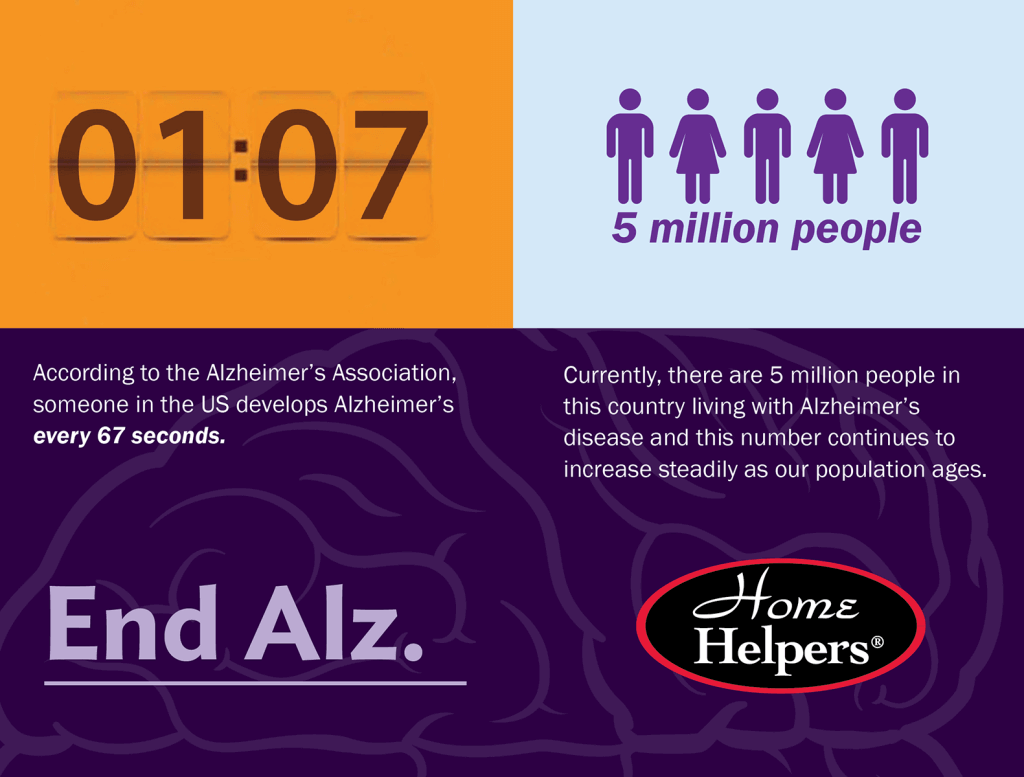Along with loss of memory, people with Alzheimer’s may experience impaired communication, a deficit in motor skills, and a decreased ability to decipher information with the 5 senses. The effects from this disease can be devastating, both to the patient and the caregiver, but there is one thing that seems to shed light into some of the dark corners of this disease: listening to music. Music therapy is quickly becoming one of the most therapeutic tools for people dealing with Alzheimer’s.
Music Provides Awakenings
Why is music so powerful? The answer comes from the brain. Music affects so many parts of the brain that it touches areas that may not be damaged by the disease, and those pathways are brought to the forefront of the mind, according to Dr. Laura Mosqueda, Director of Geriatrics at the UC Irvine School of Medicine. The result is the astounding “awakening” that often occurs.
This awakening can be seen in the documentary “Alive Inside”, a powerful film that follows Music and Memory founder, Dan Cohen, on his quest to help those with dementia by alleviating the symptoms of the disease with music. The film demonstrates how music can connect people back to who they once were. Caregivers, previously without hope, are able to restore the soul of Alzheimer’s patients who have otherwise lost their sense of self by using the powerful tool of music.
A Final Concert Tour Awes and Inspires
Country music star Glen Campbell recently entered the final stages of Alzheimer’s and is now living in a memory care facility. Even now, one thing remains alive in Glen Campbell: music. Although there are days when he can’t recognize his children, Campbell can still play his guitar as he always could. When all else seems lost, his ability to exercise his musical muscles and play guitar is second nature to him.
He has publicly shared the heartbreaking tale of his disease and how it has affected his life and the lives of his family members. Campbell embarked on a final tour in the midst of his diagnosis, joking about his condition on stage even when he might forget a song lyric or two. His remarkable story is a poignant example of the benefits of music for the mind.
Music Resources for Caregivers
Many say that “where words fail, music speaks” and this motto can be seen firsthand in patients struggling with Alzheimer’s. To help caregivers give voice and life to their loved ones, we will be sharing music, tips and stories throughout November on our Facebook and Pinterest pages.
Do you have any ideas for songs that might spark memories for someone with dementia?
We now have a collection of songs that evoke memories in those struggling with Alzheimer’s. Please visit our Alzheimer’s Playlist post and share your song ideas with us in the comments!

